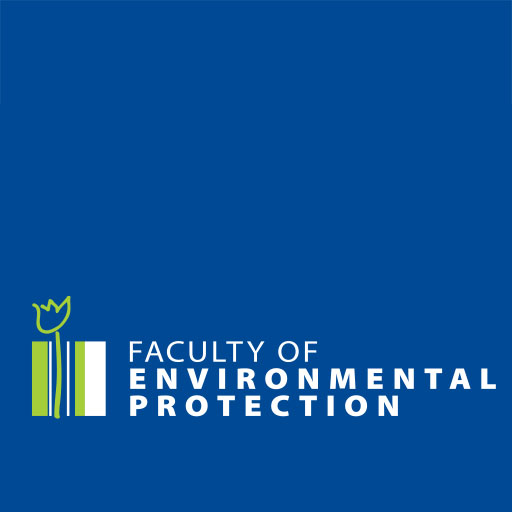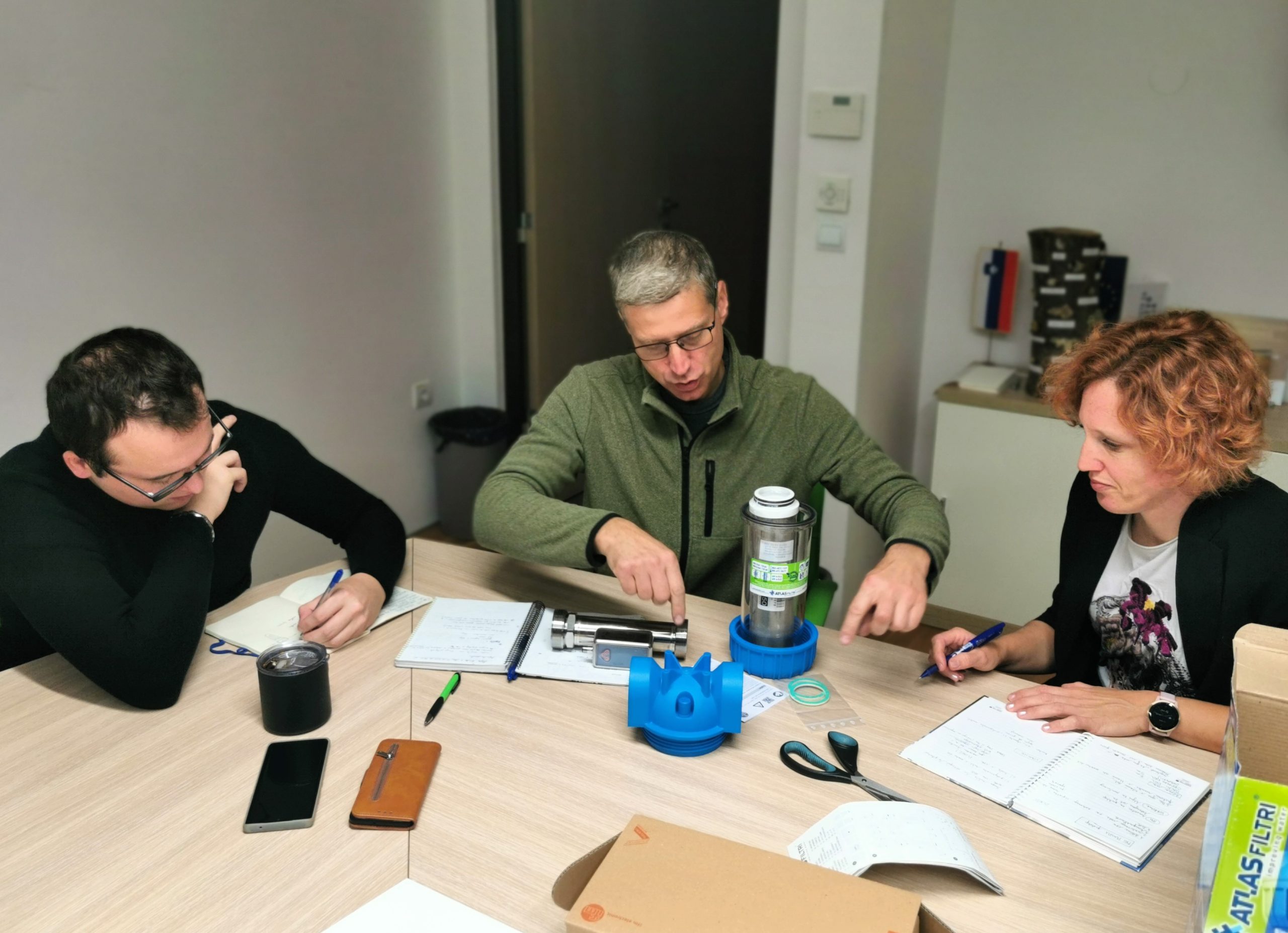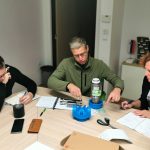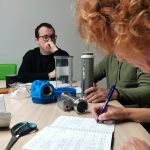At the Faculty of Environmental Protection, we are looking for practical solutions for sampling microplastics in our aquatic environments in the framework of the Inerreg Eurpe PLASTIX project.
Microplastics are small plastic particles, smaller than five millimetres, that appear in the environment as a result of plastic pollution. Because they are difficult to see and identify with the naked eye, they are often overlooked. But that doesn’t make them any less dangerous for the environment or for people!
We are aware of the importance of this new-age problem and the complexity of finding solutions, which is why we combine knowledge from environmental protection, biochemistry, ecotechnology, mechanical engineering and ecology.
| The invention of plastics based on synthetic polymers in the early 20th century changed our lives forever, and today we can hardly imagine life without plastics anymore. Plastic is a cheap, lightweight, strong and flexible material – resulting in a virtually unlimited number of possible applications.
But the plastic revolution has also come at a price. Today, we produce more than 300 million tonnes of plastic a year, half of which is used in single-use products. As knowledge and awareness of the prudent use of plastics grows, the field of microplastics is also becoming increasingly relevant. Microplastics are small plastic particles up to 5 mm in size. They can be formed from the degradation of larger plastic products, or they can be deliberately produced in this size – as a raw material for the further production of plastic products, or as an additive to improve the properties of the final product. |
In order to raise awareness among young people about microplastics, the FEP has already successfully implemented the Erasmus+ international educational project “Microplastics-The Macro Problem of the Future (MicPraPROB)” together with experts from different fields.
Microplastics was also the focus of this year’s FEP Summer School – Small Steps for Big Environmental Change. During the workshop Microplastics from our Clothes, the participants spent three days of research learning about this modern environmental scourge and, together with their mentors, finding solutions to reduce this pollution in our environment.
We are convinced that an informed society can take many micro-steps that can contribute to reducing the amount of microplastics in our environment.




